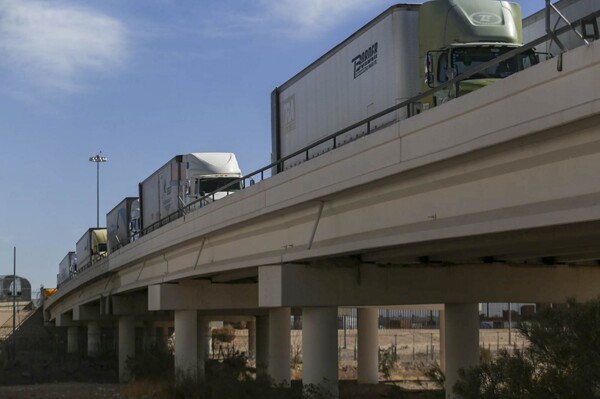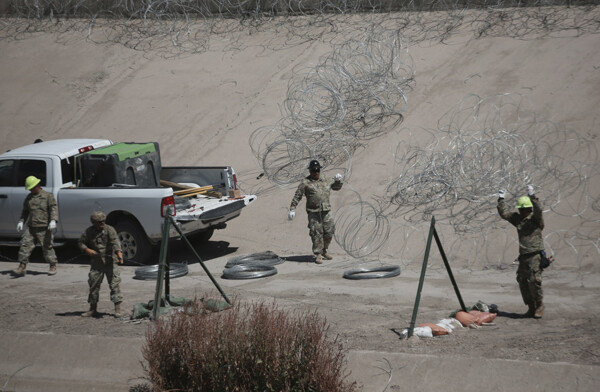
A representative of the border business block, Thor Salayandía, stated that if goods cannot cross the border, maquiladoras will have to reduce production. He called on the federal government to address the issue at its root. The business leader warned that if an agreement is not reached, there could be a shortage of food, industrial supplies, and fuel.
Farmers stated: "We do not want to affect the citizens, but we are left with no alternative." Javier Meléndez Cardona, an agricultural producer from Samalayuca, affirmed that the national strike and the takeover of the customs in Juárez are a result of the federal government's lack of will to address the agricultural sector's demands. "We expected sensitivity from the government and for a serious dialogue table to be set up. We don't know how farmers manage to survive," said Salayandía, while denouncing that while grains are bought "at misery prices", large companies maintain disproportionate profit margins.
Regarding the immediate impact on the maquiladora industry, transporters, and customs agents, the business leader confirmed that the logistics chain is already affected. "Every time it is more difficult to produce in the field: there is insecurity, high costs, and zero support. We did not want to get to this point, but there was no other option," he said.
The producer estimated that around a thousand people, including farmers, transporters, and supportive citizens, are participating in Ciudad Juárez, although he stressed that nationally "more than a million truck drivers" have joined the mobilization. In addition, he asked society and business chambers to help pressure the government to address the demands: "We want a negotiation to return to the field," he commented.
Activist and farmer Adrián LeBarón, who joined the movement from the ejido of Galeana, stated that the protest also rejects the reform initiative to the National Waters Law, which he considers "a threat" to rural communities. LeBarón also criticized the federal government's stance of asking protesters to withdraw before engaging in dialogue.
So far, there is no agreement between the movement's leaders and the authorities, so the mobilizations could be extended indefinitely after the start of a national farmers' and transporters' strike last Monday. The protesters demand fairer prices for their products and that the new General Water Law not be approved, under which water use concessions cannot be traded between individuals, with the obligation that the National Water Commission (Conagua) be the one to redistribute them.
The border business block representative, Thor Salayandía, told EFE that the blockades are a consequence of years of neglect of the agricultural sector and the lack of public policy that guarantees fair production conditions. "From the business block, we see that they were already late."













